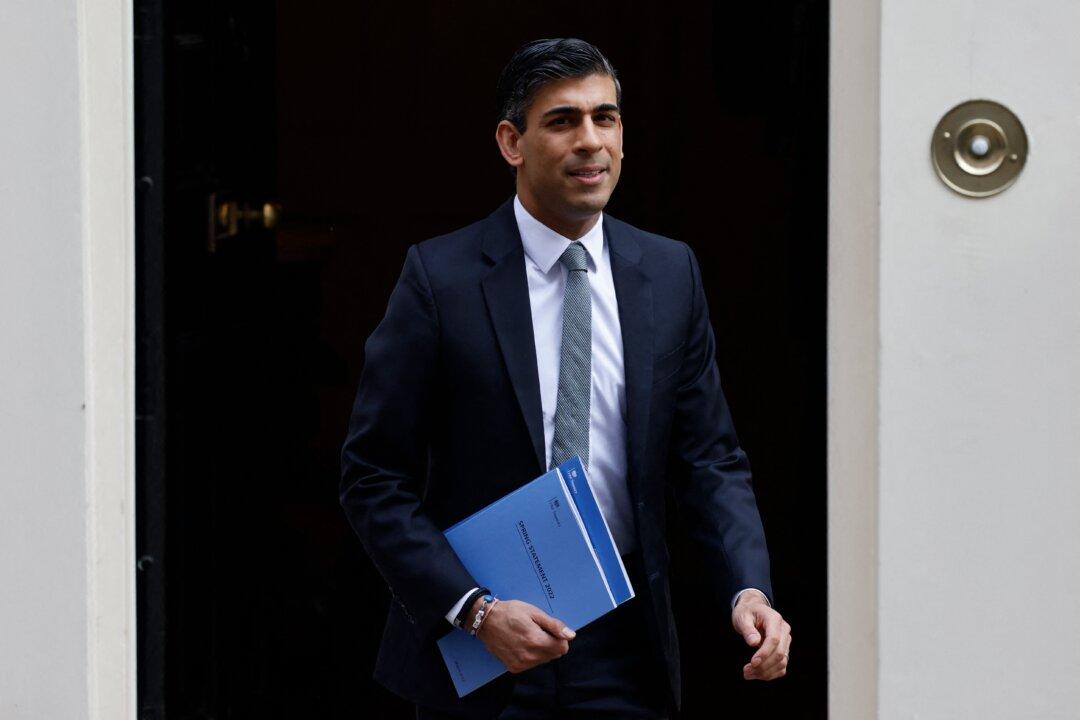The UK government has promised tax cuts for millions of workers who face a severe squeeze on their living standards amid soaring inflation and the economic impact of the war in Ukraine.
Announcing his half-yearly budget update on Wednesday, Rishi Sunak, the Chancellor of the Exchequer, said he will cut fuel duty by 5 pence a litre ($0.25 per gallon) for the next 12 months.





